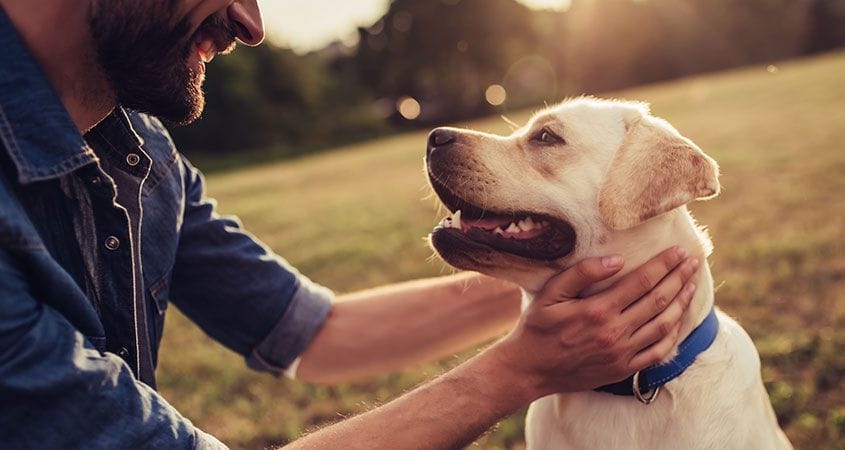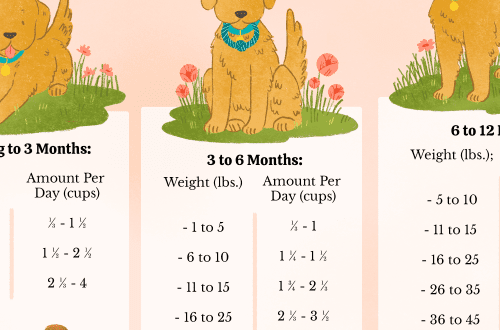
Five Great Ways to Keep Your Puppy Healthy
Contents
Maintaining your puppy’s health at the highest level
You are the one person who can make sure that your puppy has good health and high energy levels. Not only are you responsible for taking care of him on a daily basis, but you are also the one who knows him best. This makes you the perfect “eyes” and “ears” for your veterinarian between visits.
Dental and oral care
Dogs often suffer from oral diseases, so one of the most beneficial things you can do for your puppy is to teach him to brush his teeth regularly. You can purchase a dog toothbrush from your veterinarian, as well as specialty toothpaste. The latter is especially important. First, you need to find a taste that your ward will like (think meat, not mint). Secondly, human toothpastes foam too much.
Problems to report to your veterinarian include bleeding gums and bad mouth odor.
A teenage dog’s desire to nibble on everything is different from chewing when teething, because it happens after all the puppy’s needle-thin teeth have fallen out. Teenage dogs often experience an uncontrollable urge to nibble, and there are a variety of theories as to why. However, if you want to protect your slippers, it’s best to provide your puppy with things that he can chew on with impunity!
Ear care
You should clean the inside of your puppy’s ears once a week, using separate cotton swabs for each ear. Do not use cotton swabs, as they can easily damage the ear. The puppy’s ears should be free of excess earwax and free of discharge or odor.
If you suspect your puppy has an ear problem, such as an infection, ulcer, or ear mites, be sure to take him to the veterinarian.
Signs of a healthy puppy
A healthy puppy has bright eyes, a shiny coat, and is full of energy.
Remember that your furry baby can’t tell you when he’s feeling down, so you need to keep a close eye on him. Warning signs include sudden loss of appetite, changes in behavior, rapid weight loss or gain, any unusual lumps or bumps, vomiting or diarrhea, and any eye or ear problems. Trust your instincts and if in any doubt call your veterinarian.
puppy stress
It may not be a physical condition, but signs of stress in a puppy can be just as distressing.
If your baby whines and whimpers during the first days in your home, this is normal.
After completing the initial stages, other factors may cause stress in him. For example, separation anxiety is a common problem. Love and confidence will be the best medicine for him, and if the problem persists or seems serious, consult your veterinarian.
Prevention is better than cure!
Your puppy must be vaccinated before it enters your home, and accordingly, in the kennel or shelter where you took the dog, you must be issued a confirmation certificate issued by a veterinarian. Keeping a puppy’s vaccination schedule on track is one of the most important things you can do to keep your puppy healthy. Equally important is a regular program for the prevention of worms and fleas.
And of course, we should not forget about the crucial role of physical activity and proper nutrition. Hill’s Science Plan Puppy is specially formulated to meet the needs of growing puppies and give them a great start in life.






